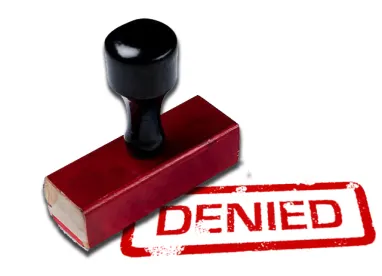In WKYC-TV, Inc., 359 NLRB No. 30 (2012) the Obama NLRB overturned Bethlehem Steel, 136 NLRB 1500 (1962), that for more than 50 years stated the rule that when a collective bargaining agreement expired the employer’s obligation to follow the agreement’s dues checkoff provision ceased. The Supreme Court’s decision in NLRB v. Noel Canning, 134 S. Ct. 2550 (2014), however, meant that the decision in WKYC-TV could not stand because, at the time of its decision, the NLRB included two members whose appointments were ultimately found to be constitutionally deficient under the recess clause of the United States Constitution. And, the WKYC-TV case then never came back to a constitutionally sufficient NLRB for rehearing.
The Obama NLRB has not, however, been deterred. Now in a later case presenting the same issue, Lincoln Lutheran of Racine, 262 NLRB No. 188 (2015), the NLRB has reached the same result reached in WKYC-TV. The NLRB majority (there were two dissents) held that “…following contract expiration [employers] must continue to honor a dues-checkoff arrangement established in that contract until the parties have either reached a successor collective-bargaining agreement or a valid overall bargaining impasse permits unilateral action by the employer.” This new rule will only apply prospectively because the NLRB’s holding changes the long standing NLRB rule articulated in 1962 in Bethlehem Steel. The two dissenting NLRB members (Philip A Miscimarra and Harry I. Johnson) disagreed with the majority finding the change was neither justified by the NLRA nor the policy considerations relied upon by the majority. The minority board members also predicted that the new rule articulated in Lincoln Lutheran of Racine will, if anything, inject less stability into collective bargaining relationships and create new issues for the parties to such agreements. That of course remains to be seen, but what is not in dispute is the current Obama NLRB’s willingness to revisit and overturn well established precedents all in the name of an evolving (and more pro-union) labor landscape.




 />i
/>i

